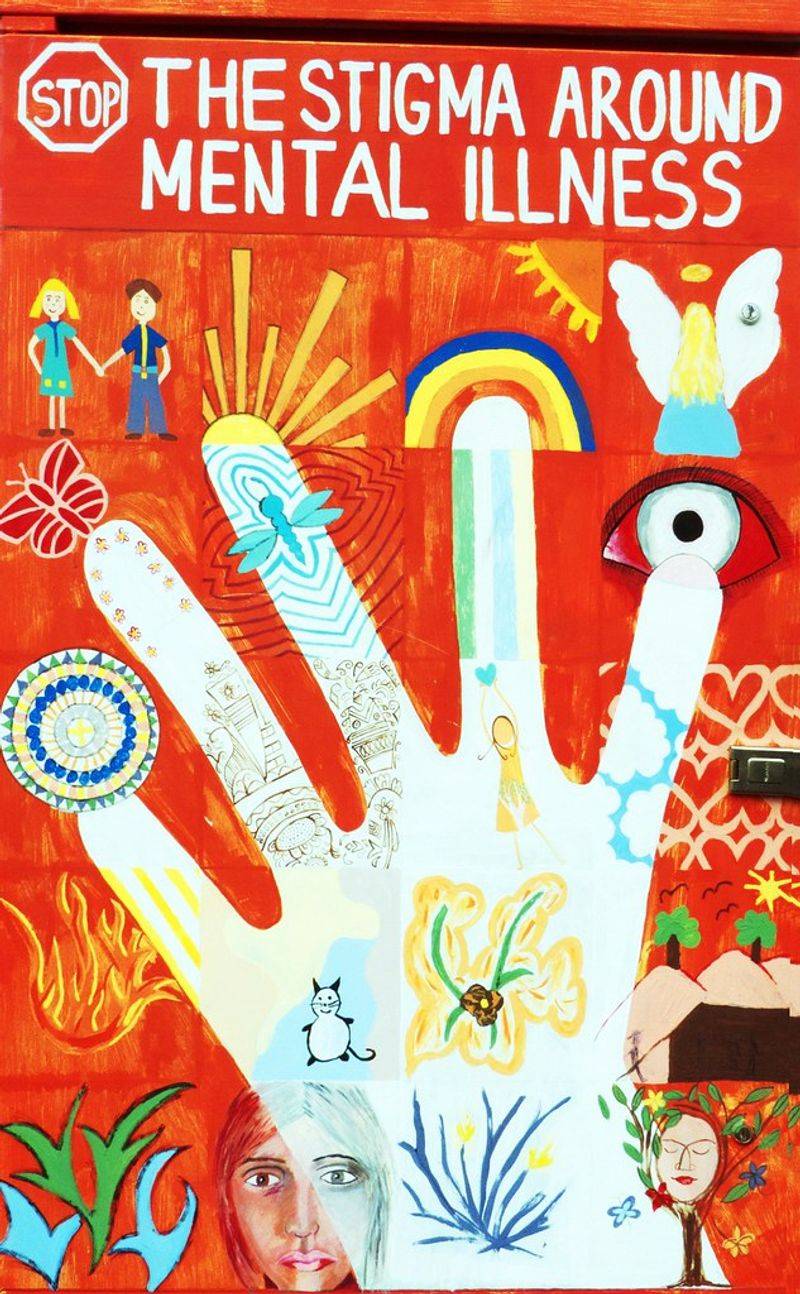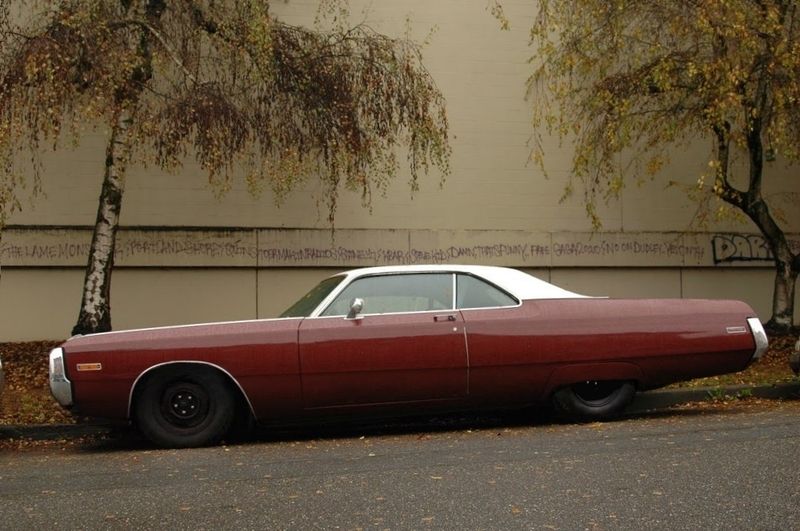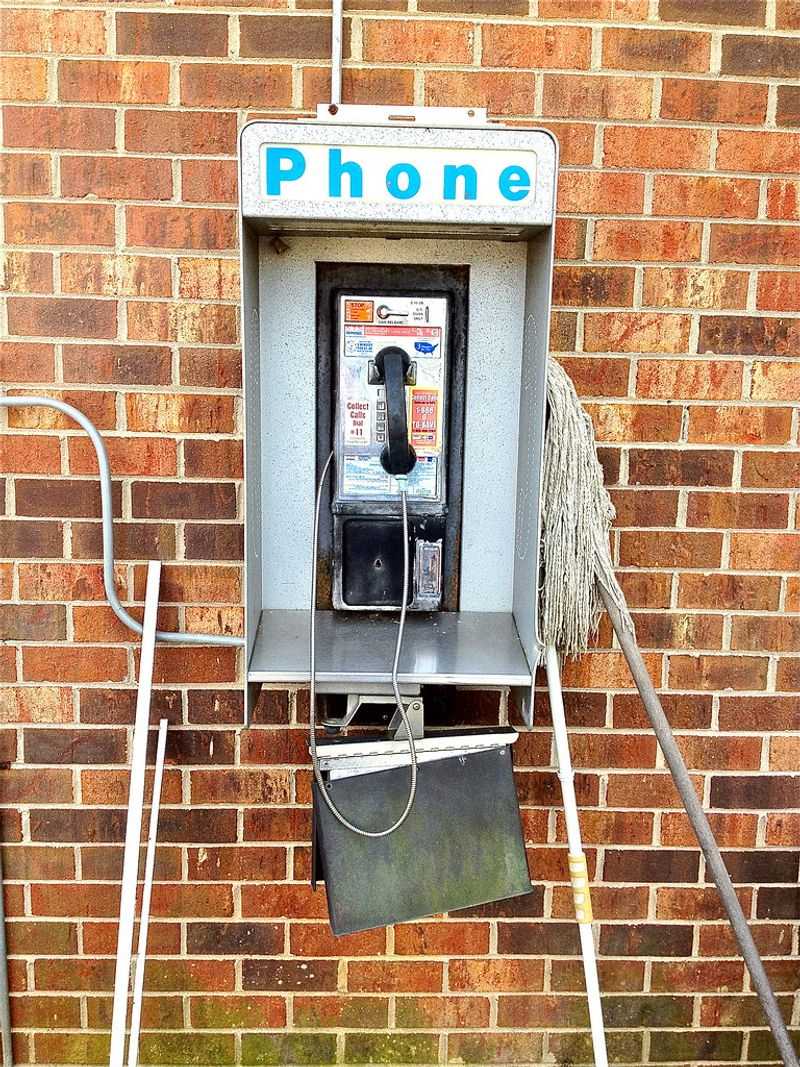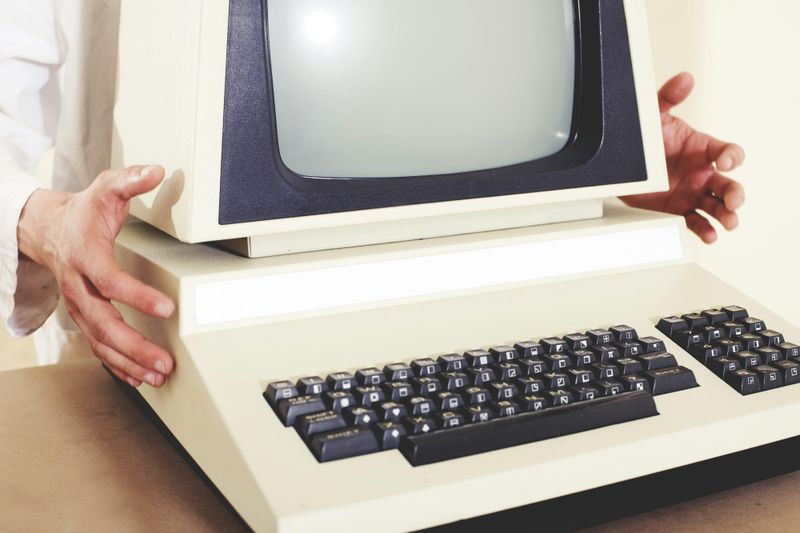20 Ideas People Believed in the ’70s That Sound Absurd in 2025

The 1970s were a time of vibrant culture and rapid change, but not all ideas from that era have withstood the test of time. Here are 20 beliefs that people held in the ’70s that sound downright absurd today. From health myths to technological predictions, discover just how far we’ve come in understanding and innovation.
1. Margarine Is Healthier Than Butter

During the 1970s, margarine was hailed as a miracle substitute for butter—especially for those worried about cholesterol. Doctors and dietitians promoted it as a “heart-smart” alternative, even though it was full of hydrogenated oils.
Today, we know those trans fats in margarine are far worse for your heart than saturated fats in butter. Many countries have now banned trans fats altogether, and butter has staged a nutritional comeback. It’s a reminder that just because something is new and “scientific” doesn’t always mean it’s better—or healthier.
2. Smoking Is Glamorous and Harmless

Lighting up was practically a fashion statement in the ’70s. Celebrities, models, and even doctors appeared in cigarette ads, reinforcing the idea that smoking was cool, sophisticated, and harmless.
Of course, by today’s standards, this idea is shocking. Now we know smoking is the leading cause of preventable death worldwide, linked to cancer, heart disease, and countless other health issues. The fact that you could once smoke in offices, airplanes, and even hospitals feels like a surreal bit of dystopian history.
3. Seat Belts Are Optional (and Annoying)

Wearing a seat belt was seen as unnecessary—or even a nuisance—by many drivers and passengers in the 1970s. In fact, some people thought it was safer to be “thrown clear” in an accident rather than strapped in.
Modern data paints a very different picture. Seat belts save lives, and their use is mandated by law in most places today. The idea that someone would risk their safety—and their children’s—just to avoid a minor inconvenience seems wild in 2025.
4. Microwaves Might Be Dangerous

When microwave ovens first appeared in kitchens, many people feared they could leak radiation or make food toxic. There were even rumors that microwaves could give you cancer just by standing near one.
Fast forward to today, and microwaves are essential appliances in nearly every household. They’re considered perfectly safe and are heavily regulated for consumer use. The paranoia may have stemmed from a lack of understanding, but it’s a classic example of how new tech often sparks unnecessary fear.
5. TV Is Going to Rot Your Brain

Parents and teachers in the ’70s often warned that too much TV would “melt your brain” or turn kids into zombies. Educational programming existed, but the prevailing idea was that television was nothing but a passive, mind-numbing activity.
Ironically, in 2025, we now worry about overstimulation from screens—not under-stimulation. Between YouTube, streaming services, and interactive platforms, screen time looks very different today. While there are still concerns, especially for kids, the panic around TV itself now feels outdated and overly dramatic.
6. Formula Is Superior to Breastfeeding

Marketing campaigns in the 1970s aggressively promoted baby formula as the modern, scientific way to nourish infants. Some hospitals even gave free formula samples to new moms, implying it was more advanced than breast milk.
Today, medical consensus strongly supports breastfeeding as the healthiest option when possible. Breast milk contains antibodies and nutrients that formula can’t fully replicate. The idea that formula was not just acceptable, but superior, now seems like a win for clever advertising over common sense.
7. Asbestos and Lead Paint Are Fine for Homes

Construction standards in the ’70s still relied heavily on materials like lead-based paint and asbestos insulation. These were praised for durability and fire resistance—safety risks were barely acknowledged.
Now we know both substances pose serious long-term health hazards. Lead poisoning can affect brain development in children, and asbestos exposure is directly linked to deadly lung conditions like mesothelioma. In 2025, the idea of knowingly building a home with either material is unthinkable—and illegal in many places.
8. Household Cleaners Don’t Need Labels

Warnings, safety seals, and ingredient transparency weren’t standard for household cleaners back then. Many products had vague instructions and little to no guidance on toxicity or protective measures.
Parents let kids help clean with bleach or ammonia-laced sprays with no gloves or masks. It wasn’t until later that the dangers of chemical exposure—especially for children—became clear. In today’s safety-conscious world, the absence of warnings on those harsh substances feels reckless and absurd.
9. Red Meat Every Day Keeps You Strong

Steak and burgers weren’t just dinner staples—they were considered essential for good health. Protein was king in the ’70s, and red meat was glorified as the best way to get it.
Today, we understand the risks of excessive red meat consumption, including heart disease, colon cancer, and environmental impact. Many people now embrace plant-based or flexitarian diets. Looking back, the glorification of daily red meat now seems like a nutritional misstep we’re still trying to undo.
10. Tanning = Health

A deep bronze tan was the ultimate sign of beauty and vitality. People spent hours sunbathing with little to no sun protection—or even used tanning oils to speed up the process.
What we now know is that sun damage accumulates over time and can lead to premature aging, sun spots, and skin cancer. SPF is now a daily essential for many, and the old belief that tans equaled health looks more like a recipe for long-term damage.
11. Hair Spray Is a Daily Necessity (Even for Men)

Personal grooming in the ’70s often meant dousing your hair in aerosol sprays every morning. Both women and men used hair spray religiously to achieve stiff, sculpted styles that didn’t move an inch.
At the time, few people knew these products contained chemicals that contributed to ozone layer depletion. The obsession with perfectly held hair came at an environmental cost. In 2025, with our focus on eco-friendly beauty and health-conscious products, this former staple of daily life seems both excessive and damaging in hindsight.
12. Corporal Punishment Builds Character

Spanking and other forms of physical discipline were widely accepted—even encouraged—as effective ways to “build character” and enforce discipline in children. Teachers could paddle students in public schools, and parents rarely hesitated to use belts or switches at home.
Current psychological research shows that physical punishment often leads to increased aggression, anxiety, and long-term emotional issues. In today’s world, positive reinforcement and communication are far more accepted. The idea that fear and pain were once considered tools of good parenting is now hard to fathom.
13. Women Shouldn’t Work After Marriage

Gender roles in the ’70s were still heavily influenced by post-WWII norms. A married woman working outside the home was sometimes viewed as selfish or even shameful, especially if she had children.
Fast-forward to 2025, and dual-income households are the norm. Women now pursue careers, own businesses, and lead global organizations. The notion that a woman should abandon her ambitions simply because she got married seems like a relic from a more oppressive era.
14. Climate Change Wasn’t a Thing

Although a few scientists had begun to raise concerns about environmental changes, the public and policymakers largely ignored the warnings. Fossil fuels were heavily used, and few people thought twice about pollution or energy waste.
We now know that the 1970s were a critical decade in the climate crisis timeline. If more action had been taken then, some of today’s environmental damage might have been avoided. The absence of climate awareness in that era feels like a tragic oversight.
15. Mental Health Is a Taboo Topic

Emotional struggles weren’t openly discussed in the ’70s. Going to therapy was often viewed as a sign of weakness or something only people with “serious problems” needed.
Fortunately, mental health awareness has come a long way. In 2025, therapy is more normalized, and discussions about anxiety, depression, and emotional well-being are common. The silence and stigma surrounding mental health back then created unnecessary suffering that we now strive to prevent through openness and understanding.
16. Lifelong Job Loyalty Equals Success

Landing a job and sticking with it for decades was seen as the ultimate career goal. Job-hopping was viewed with suspicion, and loyalty to one company was equated with stability and success.
Today’s workforce values flexibility, growth, and personal fulfillment. Changing careers—or even industries—is often encouraged. The idea that staying in one place, regardless of passion or opportunity, was once considered a virtue feels like a limitation rather than a strength by today’s standards.
17. Bigger Cars Are Always Better

Owning a large car was a status symbol. The bigger the vehicle, the more powerful and successful you appeared—even if it guzzled gas and was wildly inefficient.
Environmental concerns, rising fuel costs, and changing tastes have shifted public perception. Today, compact, hybrid, and electric vehicles dominate the conversation. The obsession with size over sustainability in the ’70s highlights just how differently we now define “smart” and “modern” transportation.
18. You’ll Never Need a Phone Outside Your Home

Landlines were king, and the idea of owning a phone that fit in your pocket—and went everywhere with you—was the stuff of science fiction. Long-distance calls were expensive, and urgent communication often had to wait.
In our hyperconnected 2025 world, it’s hard to imagine a time when being unreachable was normal. Smartphones have become essential tools for everything from work to health to navigation. The idea that people once believed mobile phones were unnecessary feels laughably out of touch.
19. A College Degree Guarantees a Great Job

Earning a college diploma was once seen as a golden ticket to financial security and career success. A degree practically guaranteed you a good job and a steady climb up the corporate ladder.
Today, many degree holders struggle with underemployment and student debt. Practical skills, certifications, and entrepreneurial experience often carry equal—if not more—weight. The one-size-fits-all belief in higher education as a guaranteed path to prosperity hasn’t aged well.
20. Computers Are a Fad

Skepticism around computers was widespread. Many believed they were niche tools for scientists or big businesses and would never have a place in everyday homes.
That notion now feels hilariously shortsighted. Computers are everywhere—on our desks, in our pockets, even on our wrists. From banking and shopping to dating and entertainment, our entire lives are run on digital devices. The idea that computers were a passing trend is arguably one of the most misguided beliefs of the decade.

Comments
Loading…